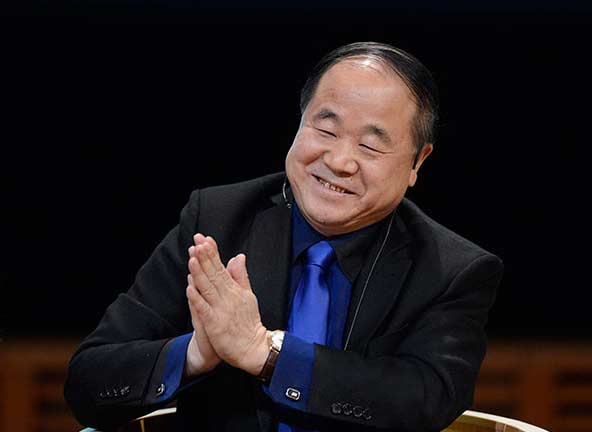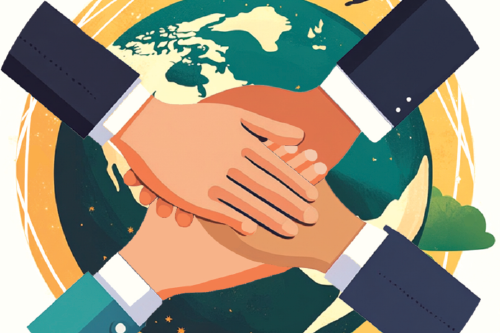Fun and profits no excuse for misuse of famous names

 |
| Nobel Prize winner Mo Yan [Photo/Xinhua] |
MO YAN, THE CHINESE WRITER who won Nobel Prize for Literature in 2012, recently posted on his micro blog account that some chicken-soup-for-the-soul quotes widely spread under his name were not by him. Thepaper.cn comments:
"I cherish those who point out my errors and help me correct them," a micro-blogger wrote on Oct 24, attributing it to Mo. Yet two days later, Mo publicly answered it: "Good quote! But I am also curious to know who wrote it."
That is only one of the hundreds of quotes falsely attributed to him. Search "Mo Yan" in the domestic search engine baidu.com, and you get all kinds of "Mo Yan's 10 best quotes" or "The favorite sentences of Mo Yan".
And Mo is only one of the celebrities who are falsely credited with saying something. Another celebrity who often suffers from false quotes is Lu Xun, a famous writer in the 1920s and 1930s. Mo is lucky because he could stand out disclaiming the quotes; being dead Lu no longer has that privilege.
The rampancy of false quotes can be attributed to people's blind worship of celebrities. Those who hope to spread their own ideas find it much easier to do so when people echo them because they think a celebrity they like said it. Now it has already become a cottage industry, with some people responsible for making up the quotes while others hype these false quotes online.
These false quotes not only violate the legal rights of celebrities, but also hurt the public interests, because some illegal gangs falsify the quotes to support their own interests. For example, some micro-bloggers that sell unlicensed herbal medicines online falsify quotes that praise their herbs to cheat people into buying them, which is harmful to public health.
In order to prevent this from happening in the future, multiple measures must be taken. The public needs to gain more knowledge, while the regulatory agencies must take stricter measures to curb the spread of false quotes and ensure that those behind them are punished.


































